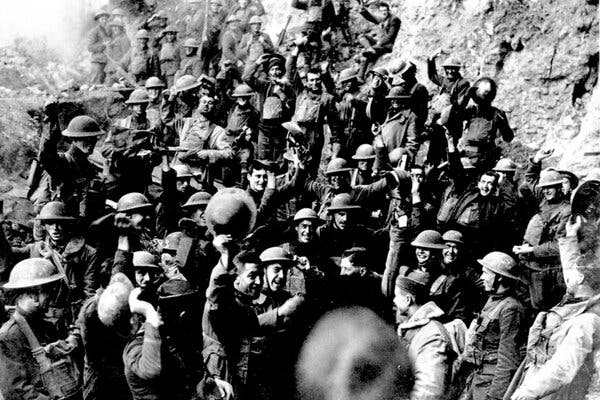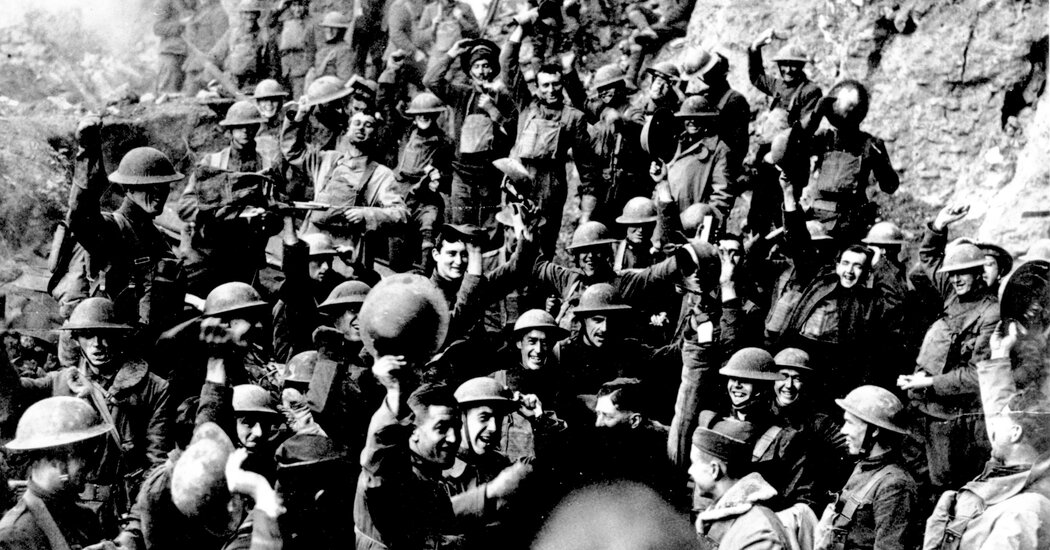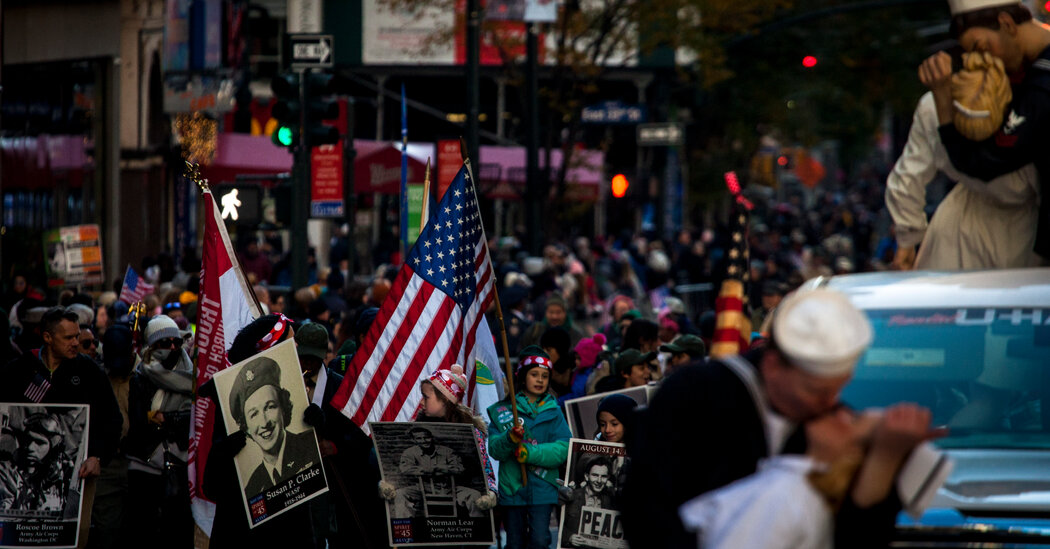## Trump’s ‘Victory Day’ Proclamation: A Triumphant Twist on a Sobering History
President Trump, known for his unconventional pronouncements, has declared May 8th “Victory Day for World War II,” a move that has sparked both intrigue and controversy. While the date commemorates the formal surrender of Nazi Germany, ending the war in Europe, Trump’s framing raises questions about historical accuracy and political intent.

Trump’s Claim: The United States Did More Than Any Other Nation to Defeat Nazi Germany

In a recent proclamation, President Trump stated that the United States would rename May 8 as “Victory Day for World War II” to celebrate its achievements in the conflict. He claimed that the United States did more than any other nation to defeat Nazi Germany, a statement that might be contested by Russia.
In his post, Trump referenced the celebrations by America’s allies to mark V-E Day, for “Victory in Europe,” this year. He stated that “We did more than any other” country to achieve an Allied victory in World War II, a conflict that devastated most of Europe and huge parts of Asia.
Contesting the Claim: Russia’s Perspective on the Soviet Victory over German Forces in World War II
Russia, which commemorates the Soviet victory over German forces in World War II on May 9 every year, might contest Trump’s claim. The Russian Victory Day is a national holiday and one of the most important days on the country’s calendar, meant to honor the 27 million Soviets who died in the war.
Veterans’ Perspective
Trump’s Proposal: Renaming Veterans Day as “Victory Day for World War I”
President Trump also said he wanted to rename Veterans Day as “Victory Day for World War I.” However, this proposal has received backlash from some veterans’ groups, which argue that it would champion conquest over sacrifice and ignore the sacrifices of living veterans.
Backlash from Veterans’ Sacrifices: Focus on Winning Overlooks Veterans Who Served in Recent Wars
Some veterans’ advocacy groups have expressed concerns that the focus on winning overlooks those who served in more recent wars, which had more mixed results. Allison Jaslow, the chief executive of Iraq and Afghanistan Veterans of America, who also served in Iraq, stated that “It is not the veterans’ fault if we don’t win wars.”
Jaslow added that “Veterans Day should be an acknowledgment of the ways that fellow Americans have served and sacrificed to protect and defend what we have in America.”
The Significance of Veterans Day: Honoring the Sacrifices of Fellow Americans
In 2023, the census counted 15.8 million veterans living in America. This year, the Department of Veterans Affairs estimated that about 66,000 American World War II veterans were alive. There are no surviving veterans of World War I.
With Trump’s proposed name changes, more than 99 percent of living veterans – a group that includes Vice President JD Vance, who served with the Marines in Iraq – would be left without a holiday commemorating their service.
Conclusion
In conclusion, President Trump’s declaration of May 8 as “Victory Day for World War II” has sparked controversy and debate among historians, veterans, and the general public. The article has highlighted the inaccuracies and oversimplifications inherent in this proclamation, pointing out that V-E Day, celebrated on May 8, marked the defeat of Nazi Germany, but not the end of World War II, which officially ended on September 2, 1945, with Japan’s formal surrender. Moreover, the article has underscored the importance of historical accuracy, emphasizing that the manipulation of historical events can have far-reaching consequences, eroding trust in institutions and undermining the collective memory of a nation’s history.
The implications of this topic extend beyond the realm of historical pedantry. The distortion of historical facts can have significant consequences on international relations, national identity, and collective memory. As the United States navigates an increasingly complex and interconnected world, it is crucial that its leaders demonstrate a commitment to historical accuracy and nuance. Looking ahead, it is essential to recognize the importance of preserving the complexity and messiness of historical events, rather than reducing them to simplistic narratives. By doing so, we can foster a deeper understanding of the past informs the present and shapes the future.

